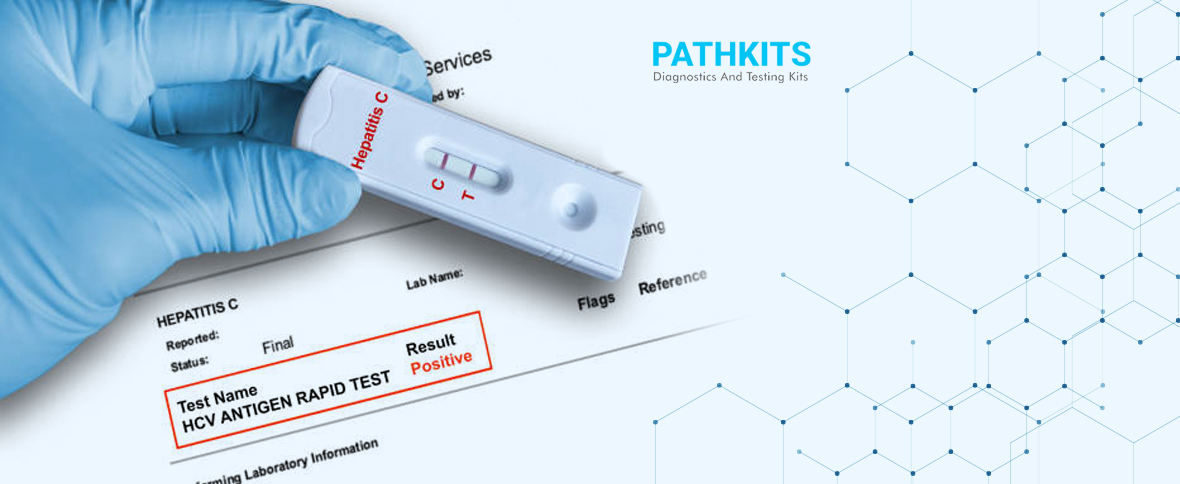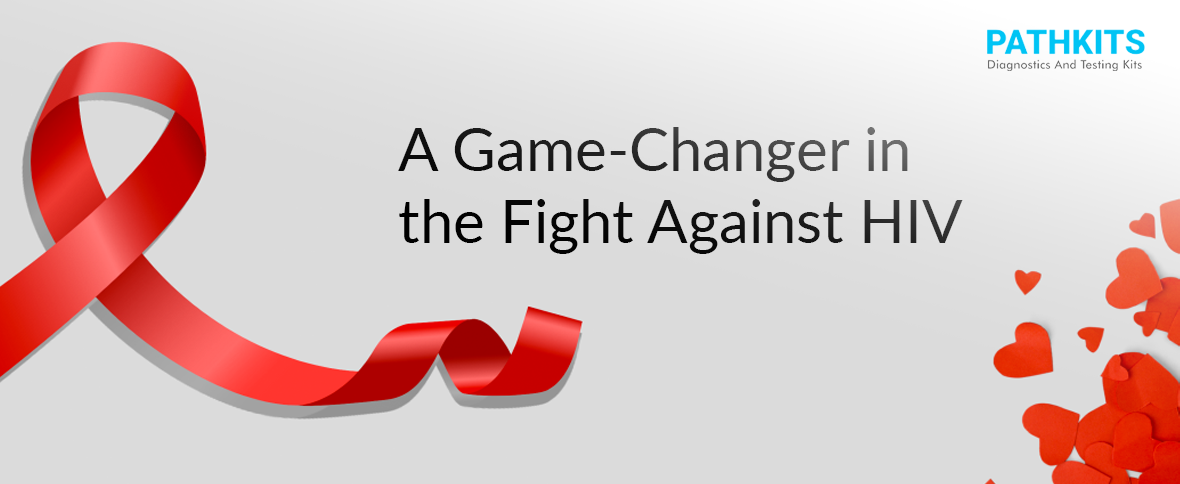With the introduction of a new COVID-19 virus, there have been some changes in how we are able to detect for this virus. This blog will walk you through what the Rapid Test is and how it compares to the RT PCR test. We will also share key points of information on both tests and discuss the advantages that each one may hold over the other based on the situation.
What is the RT PCR Test?
The RT PCR test is a type of test used to detect the presence of the COVID-19 virus. This test is also sometimes referred to as the nucleic acid test (NAT). The RT PCR test looks for the presence of viral genetic material in a sample from the patient. This test can be used to diagnose an active infection of COVID-19.
The RT PCR test is generally considered to be more accurate than other types of tests, such as the rapid antigen test. However, the RT PCR test is also more expensive and takes longer to get results.
What is the Rapid Test for COVID-19?
The Rapid Test for COVID-19 is a type of diagnostic test that can be used to determine if someone has the virus. This test can be performed using a swab or a blood sample.
The Rapid Test is different from the RT-PCR test, which is the most common type of test used to detect the virus. The RT-PCR test is considered to be the gold standard for diagnosis, but it can take up to a week to get results. The Rapid Test can provide results in as little as 15 minutes.
There are some advantages and disadvantages to using the Rapid Test. One advantage is that it is much faster than the RT-PCR test. However, the accuracy of the Rapid Test is lower than the RT-PCR test, so it is not always the best option for diagnosis.
If you think you may have COVID-19, it is important to talk to your healthcare provider about which type of test is right for you.
Difference in Results
There are several differences between rapid tests and RT-PCR tests for detecting COVID-19.
Rapid tests usually take about 15 minutes to get results, while RT-PCR tests can take anywhere from a few hours to a few days.
Rapid tests can sometimes give false positive results, while RT-PCR tests are more accurate.
Rapid tests are less expensive than RT-PCR tests.
Overall, the decision of which test to use depends on the situation. If time is of the essence, a rapid test may be the best option. However, if accuracy is more important, an RT-PCR test may be a better choice.
Comparison of Rapid test to RT PCR Test
Rapid tests for COVID-19 are antigen tests. They look for proteins that are found on the surface of the virus. RT-PCR tests are laboratory tests that look for the genetic material of the virus.
Rapid tests can produce results in as little as 15 minutes, while RT-PCR tests can take several hours to a day or more. Rapid tests are less expensive and easier to administer than RT-PCR tests.
RT-PCR tests are considered to be more accurate than rapid tests, but both types of tests can produce false-negative results. This means that a person could have the virus but test negative. False-positive results are also possible with both types of tests. This means that a person could test positive even though they do not have the virus.
Overall, there is no perfect test for COVID-19. Both rapid tests and RT-PCR tests have their advantages and disadvantages.
Cautions for Rapid Testing to Detect COVID-19
While rapid antigen tests for COVID-19 have been authorized by the FDA and are being touted as a way to quickly get results, it is important to understand their limitations.
First, it is important to know that these tests are not as sensitive as RT-PCR tests, meaning that they are more likely to miss an infection. This is because they detect only a small portion of the virus.
Second, rapid antigen tests can give false positive results. This happens when the test detects a virus in a person who does not actually have COVID-19.
Third, these tests are best used in combination with other methods, such as symptom checking and contact tracing. They should not be used as the sole method for diagnosis.
Fourth, it is important to understand that even if you test negative for COVID-19, you could still be infected. This is because the test may not have picked up the virus if you were in the early stages of infection.
Finally, you should self-isolate and contact your healthcare provider if you develop any symptoms of COVID-19, regardless of your test result.
More from Pathkits
Get useful wellbeing tips and advice straight to your inbox
Our Brands
Take a look at our subsidiary companies.
Looking for superior quality diagnostic services at the lowest prices?
Look no further! We are an ISO-Certified, ICMR-approved diagnostic kit manufacturer and supplier. Our strong logistic network and manufacturing expertise empowers us to deliver highest quality products quickly and reliably. We have export licenses for hassle-free worldwide exports.
Bulk orders or government contracts? We have got you covered!
What’s next?
One of our team managers will get in touch with shortly.




















